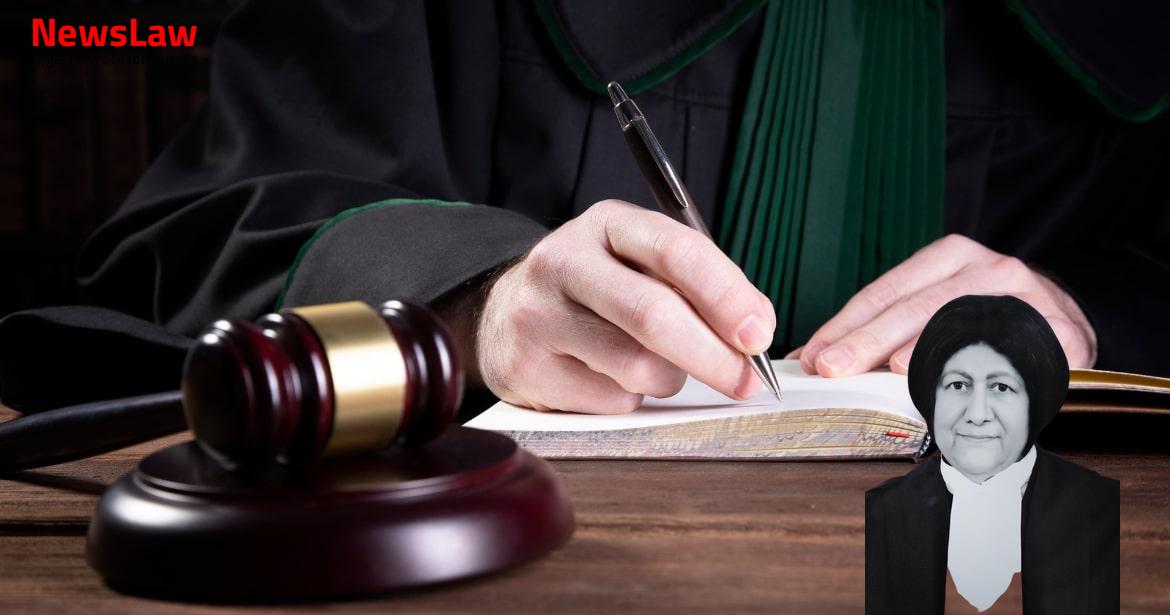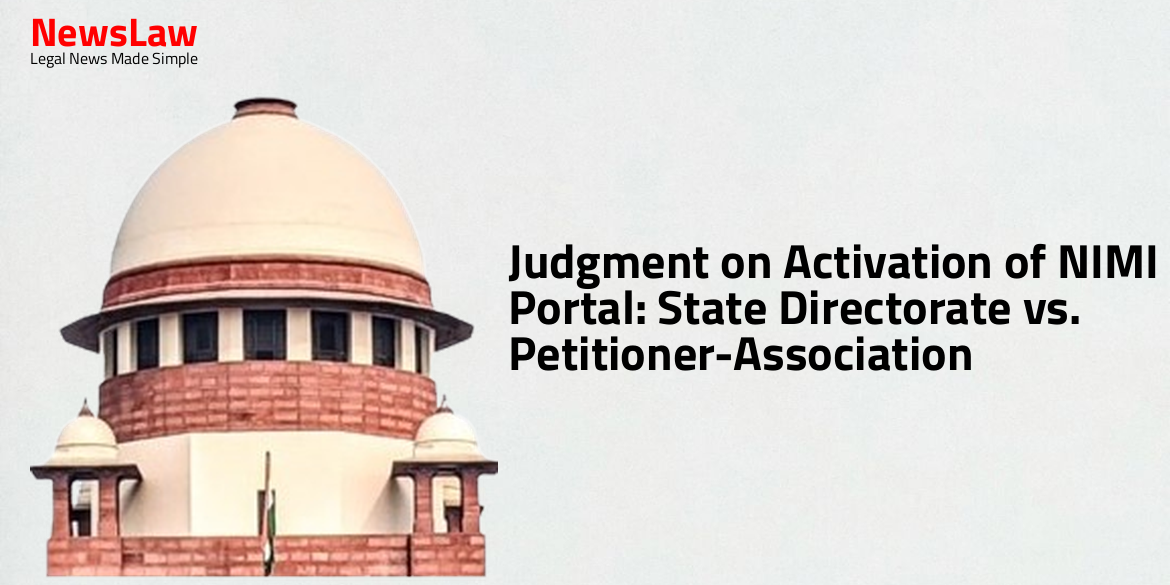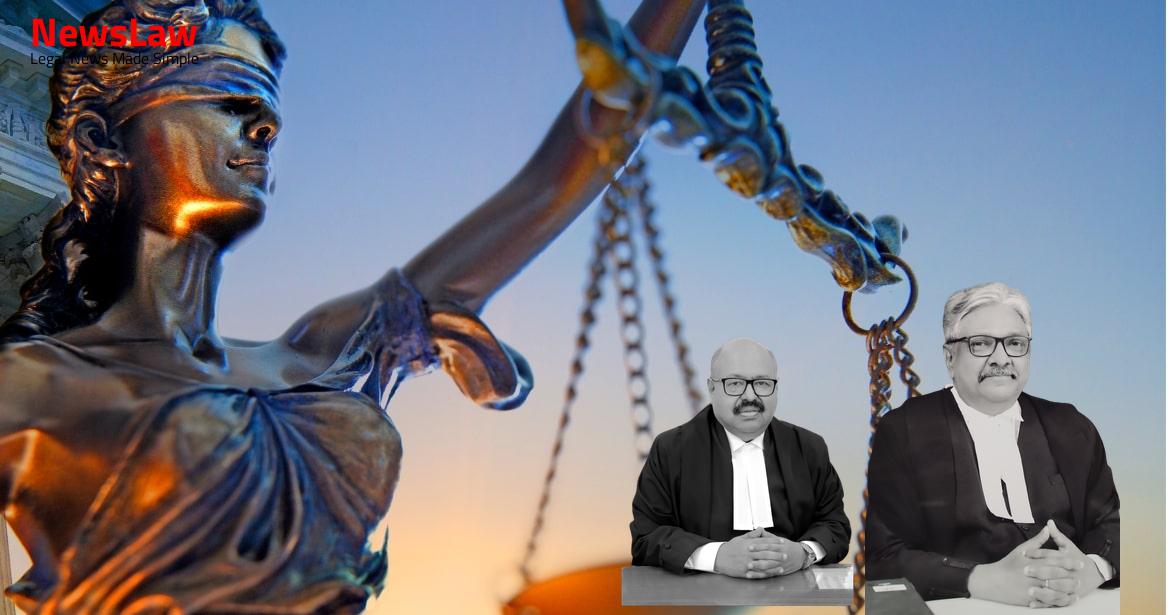This appeal is against the decision of the High Court of Madhya Pradesh in an Arbitration Revision
Also Read: https://newslaw.in/supreme-court/legal-analysis-of-circumstantial-evidence-in-a-murder-case/
No 4 of 2009 under Section 19 of the Madhya Pradesh
Madhyastham Adhikaran Adhiniyam, 1983 whereby the award of the Arbitral Tribunal was upheld.
The details shown in the Annexure C are only as a guide to the contractor but the contractor before tendering should satisfy himself regarding the quantity and quality available and all other details of Annexure C and provide for any variation in respect of leads, lifts, place and method of quarrying, type of rocks to be quarried and all such other aspects in his tendered rate. This inspection report dated 31.10.2002 suggested that there was no sand available in the quarry originally allotted under the contract and there was justification for the request made by the Contractor for allotment of the Mahuar quarry which had sufficient stock of sand available. ….
Also Read: https://newslaw.in/supreme-court/scope-of-rule-making-power-in-disciplinary-proceedings/
Therefore it is directed to the Executive Engineer, Madikheda Dam(concrete Dam), Sindh Project and Executive Engineer, Sindh Project(Mud Dam), in place of Barua Nala, the sand of Mahuar River be used for construction of projects under clause 3.11A of the condition of contract agreement, the permission is granted. The Executive Engineers are further directed that they will grant permission to the respective contractor under clause 3.11A of the condition of contract agreement, so the construction work would not be adversely affected.” In compliance with the above-referred letter of the Superintending Engineer, the Executive Engineer granted conditional permission to use the Mahuar quarry under his letter dated 23.12.2002 which stated as under: “Permission to collect sand from Mahua river is hereby accorded with following conditions. Therefore according to above referred clause of agreement your claim of sand for extra lead is not valid and hence rejected.” Aggrieved by the above-referred rejection of the claim by the Superintending Engineer, the Contractor raised a claim under Section 7 of the Adhiniyam seeking resolution of the dispute through statutory arbitration. The High Court rejected arguments of the State and allowed the claim of the Contractor on mainly three grounds: (a) the claim filed by the Contractor is not barred by limitation; (b) the principle of res judicata is not appliable, and (c) the Contractor is entitled to escalate as provided in clause 3.11(A) of the contract. Shri Saurabh Mishra took us through the letters in the additional compilation evidencing the request for arbitration, the rejection by the Executive Engineer dated 11.03.2002 and thereafter by the Superintending Engineer dated 12.12.2002, the communication for reference to arbitration dated 24.12.2002, and its culmination into the first award dated 06.10.2007.
However, the alternative site is at an additional distance of 40 kilometers and therefore her client had to incur the extra cost for the transportation of the sand. She argued that as the request for arbitration relates to the later part of the clause, the earlier award cannot operate as res judicata. Determination of the claim for escalation depends on the construction of clause 3.11(A) of the contract, which provides that the claim for escalation will not be entertained unless there exist circumstances beyond the control of the contract.
As is evident from the above, (a) the request for arbitration was made in 2002 itself, (b) there was no proof of the fact that the Contractor was in a position which is beyond his control, (c) there was no written order by the Superintending Engineer granting sanction for the change of quarry, (d) there were in fact letters of the Superintending Engineer as well as the Executive Engineer rejecting the claim for an alternate quarry.
Also Read: https://newslaw.in/supreme-court/conviction-and-sentencing-analysis-in-a-criminal-appeal-case/
If the clause debarring future claims permits escalation subject to certain conditions, no claim is admissible if the conditions are not satisfied.
Case Title: THE STATE OF MADHYA PRADESH Vs. SEW INFRASTRUCTURE LIMITED (2022 INSC 1217)
Case Number: C.A. No.-008571-008571 / 2022



